US$1m boost for rural tourism
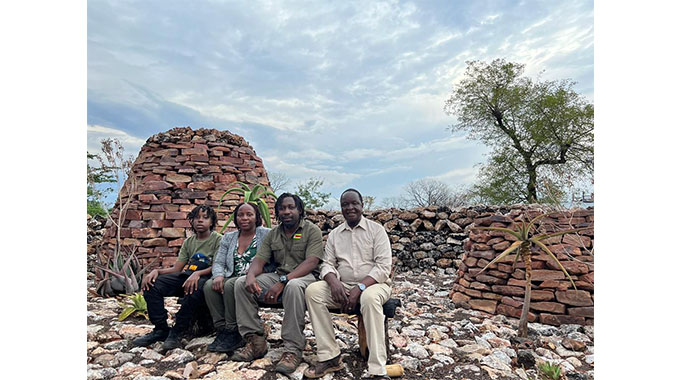
Leonard Ncube, Victoria Falls Reporter
A ZIMBABWEAN businessman based in the diaspora, Mr Takudzva Mutepfa has invested US$1 million in the construction of a massive cultural village in Lubangwe, Hwange District in Matabeleland North as part of efforts to complement Government efforts to promote rural tourism.
In August 2020, President Mnangagwa launched the National Tourism Recovery and Growth Strategy to reboot the tourism sector following the devastating impact of the Covid-19 pandemic on global economies.
The plan hinges on the country’s vision to be an international tourist destination of choice, leveraging on the sustainable use of its natural heritage, comprising culture and wildlife.

The strategy is also informed by the Government’s Vision 2030 whose quest is to grow the economy to become an upper middle-income economy characterised by increased investment, decent jobs and communities free from poverty and corruption.
The high growth target of this strategy, which seeks to achieve a US$5 billion tourism economy by year 2025 is ambitious yet achievable.
The cultural village will be a centre for showcasing traditional and historic structures for all tribes and languages under one roof.
Mr Mutepfa started constructing Lanyula Cultural Village six years ago and expects to have completed all structures by mid next year. At the moment, a majority of the structures have been completed with final touches being done on the facility.

Upon completion, the cultural village will have six chalets for accommodation, a sky view lodge, a central pavilion and kitchen while a 150 metres by 50 metres dam has been constructed to supply water to wildlife.
Lubangwe is on the edge of Hwange National Park, making the cultural village an ideal place for game viewing and game drives. The village is set to become a melting pot for all cultures, tribes and languages in Zimbabwe. The name of the village “Lanyula” means “sunset” in Nambya.
Mr Mutepfa said the idea behind the cultural village is to ensure that locals become key stakeholders and benefit from the resources around them.
“The hidden goal is to knit together the cultural and tribal fabrics towards a united Zimbabwe as we promote domestic tourism,” he said.
The investment is in line with the Second Republic’s rural industrialisation agenda which seeks to capacitate rural areas to establish various industries to stem rural to urban migration.
Government is supporting rural industrialisation through financial and technological support via joint venture capital funding and Government agencies.
President Mnangagwa has declared that under the Second Republic, Government will drive rural industrialisation, which will see industrial activity being launched in rural areas based on endowments in each area.

The Government has already laid the preparatory groundwork for the transformation through, among many other things, establishing tertiary institutions, including vocational training centres in rural areas.
Besides promoting tourism, there will be employment creation and improvement of livelihoods for locals in line with Vision 2030.
“We are the ones who can make our country big and better and Zimbabwe needs us. We have acquired vast knowledge outside the country and there is ample land at home, which is what motivated me to invest back home in Hwange, Matabeleland North,” said Mr Mutepfa.
He said after scouting for the best place around the country, he settled for Lubangwe, which is halfway between Victoria Falls and Hwange due to its proximity to Hwange National Park.

“I felt there was a need to create harmony between wildlife and communities through investments that empower people so that they take ownership of the environment. Poaching and environmental degradation is limited when communities benefit from their own resources,” said Mr Mutepfa.
“I said to myself, let me create something that can be a magnet for rural communities and create jobs. We want to demonstrate that it is possible for rural communities to become stakeholders in the bigger economy.”
Mr Mutepfa said he used local resources from within the village which benefited locals in a big way as there was a skills transfer, which is key in transforming rural communities.
“I have been running a nursing business in the United Kingdom and I channelled a larger chunk of that money towards this project. In terms of the land, it is an A1, which was initially allocated to someone else who could not develop it hence I took over,” he said.
Matabeleland North Provincial Affairs and Devolution Minister recently visited the centre to get an appreciation of how it will change the face of Lubangwe community as well as positively impact and empower youth to get a better understanding of their rich cultural heritage.

Cde Moyo (arms akimbo) is shown around the village by the propriator Mr Takudzwa Mutepfa
He said the cultural village will have positive impact on the socio-cultural well-being of the community and also help reflect on Ubuntu.
“Matabeleland North is a rainbow province with a diverse cultures and rich heritage, which should be preserved through the development of such villages. This facility will therefore empower communities and generate employment for locals,” said Minister Moyo.
“I am reliably informed that these structures were built by women. This is a step in the right direction since women play a pivotal role in upholding our values as a nation.”

1 million tourism investiment
Minister Moyo said rural development and empowerment is critical and remains a priority for the Government.

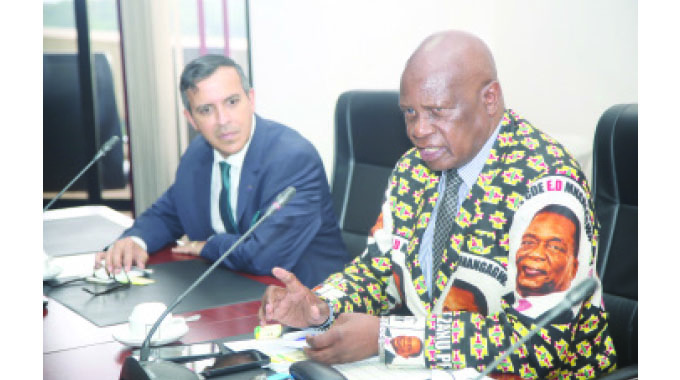

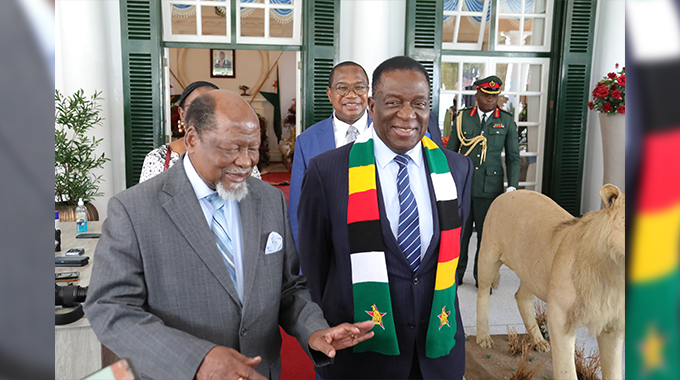
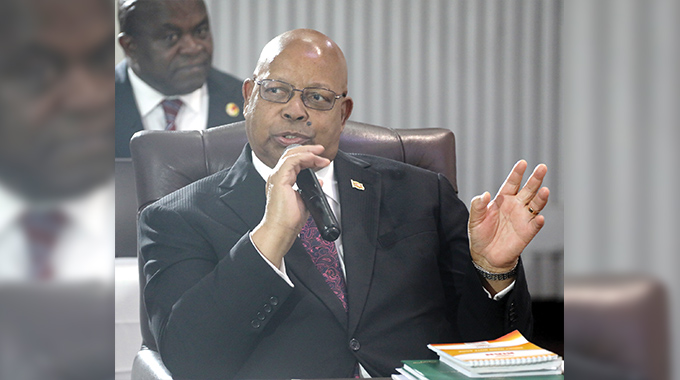
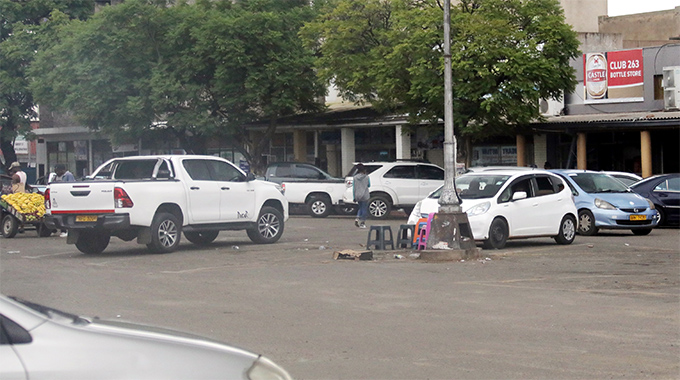






Comments